Having conversations about money can be uncomfortable in the same way that talking about death and sex can be, particularly when we’re in the category that most people would refer to as ‘older’ people.
Whilst searching for a definition of money, I found this description; ‘A medium of exchange; it allows people to obtain what they need to live and thrive’. Before money was invented/created, bartering was one way that people exchanged goods (for other goods).
Although we have many and varied financial commitments throughout our working lives, we all do our best to plan ahead and save for our financial future, however far away retirement might feel in our 20s, 30s and 40s.
We’re encouraged to pay into a pension scheme as early as possible to enable us to maintain and enjoy the same standard of living we experience whilst working full time….but how does it feel to arrive at retirement age and is money our first priority at this point in our lives?
I’ve had many conversations with people my age or thereabouts (I’m 67) in recent years and our dilemma is this…how do we (or does anyone else for that matter) plan the rest of our financial lives to ensure we have enough money to last us until we die, so we don’t become a burden on either the state or our families?
How can we ensure we don’t run out of money 15 years before we die by living beyond our means, or conversely live a more limited and frugal life and die leaving everything we’ve worked for to someone else to enjoy!
There was an article in the Sunday Times on April 6th titled ‘How to manifest your dream retirement’; similar articles appear at fairly regular intervals and always detail how much the ‘average’ person needs to accrue to enjoy the ‘perfect’ retirement.
This particular article quotes ‘one universal goal is a retirement without money worries. Stopping work early, living debt free and having a pension pot that is set for life are all highly desirable and will take a lot of work to get there’.
The pension pot suggested was £650,000 with a couple needing an annual income of £59,000 (with no housing costs) and a single person needing an annual income of £43.100. This budget would allow for a 2 week 4 star holiday in the Med, 3 long weekend breaks in the UK, a top of the range broadband subscription and up to £1500 each for clothing and footwear.
What always depresses me about these articles is the lack of imagination afforded to people of retirement age, as though we all move through life like sheep, watching Netflix, buying new clothes for our annual 2 week holiday in Italy and planning our next hotel mini break in the Cotswolds….give me a break indeed!
Those of us classed as baby boomers (born between 1946 -1964) were raised by parents born between the 2 World Wars; parents who grew up in a time of scarcity. Most of these parents spent their entire lives ensuring they received value for money on everything they purchased and didn’t buy anything they couldn’t afford.
As often happens, we absorb the values and practices of our parents and although we may lead very different lives in to them, caution around money is common. I often hear myself saying ‘I’m not paying that for that….’
I’ve spoken to friends and acquaintances who have very good pensions and considerable savings, yet when they’re able to retire, they decide to continue working so they don’t have to ‘break into my capital’. That feeling of scarcity and uncertainty runs deep.
None of us know how long we’re going to live, so trying to balance how we manage our money in later life is difficult. Some people want to live in bigger houses to be able to accommodate family and friends whilst others choose to downsize to a smaller home.
Some people want to change their car for a new one every 3 years, others are happy to keep their car for years on end; some people want to travel the world, others want time to devote to hobbies or tending their gardens.
Do we continue investing money for our future or do we choose to focus on spending more and accumulating less? At what point do we face up to the fact that the time we have left is a lot less than the time we’ve already had and consider changing our outlook on money, saving, spending, investing and accumulating altogether?
Sadly, I have no answers; if we knew when we were going to die, it would be so much easier to plan our financial future, but none of us are privy to that information!
A later part of the article I mentioned earlier stated ‘annual income declines with age, but so would expenditure because holidays and excursions usually become less frequent and there would still be enough in the pot to budget at least £300,000 for care.
Now, it might just be me, but an article that talks about planning for a retirement/later life that includes an annual 2 week holiday, a top of the range broadband subscription and a few weekends away, to be rounded off with paying for my care makes me want to jump off the nearest cliff!
I don’t wish to be facetious or unkind as I know people who have sadly been diagnosed with dementia in their 60s and 70s and have had to go into a care home; I also know several people who have died far too young and didn’t make it to retirement, but getting older doesn’t have to mean a 2 week holiday in the Med and a new wardrobe every year.
I’ve recently been wondering if how we approach money is how we approach life. We’ve spent a lot of money (to us) recently as we’ve bought a motorhome (van conversion) and spending a lot of our savings has felt unsettling; have we been reckless, should we have kept more money in the bank ‘just in case?’
Having less money behind us feels a bit scary; it feels as if having money sitting in the bank doing nothing equals security, but I know that a life well lived isn’t lots of money in the bank when we die. Spending money on enjoying life and doing different things is surely a more fulfilling way to live, despite the feelings of insecurity that can generate.
We can only prepare so much for retirement/later life and the things that make me feel happy and fulfilled at this point in my life often cost nothing or very little.
When we give consideration to what we want (or would like) from life at this point, I feel it’s important to choose abundance over scarcity, not in terms of ‘things’, but in terms of attitude and outlook.
We’ve just spent 2 weeks in Derbyshire in the motorhome; it was our first trip away in it and we wanted to check that everything was in working order while it’s still under warranty.
We walked miles and the countryside couldn’t have been more beautiful. It seemed as if everything had come into bloom all at once; we saw daffodils, bluebells, magnolia trees in full bloom, many shades of pink blossom, bright yellow gorse, cowslips, wild garlic, tulips…so much beauty everywhere.
The weather was warm and sunny every day and there were newborn lambs in the fields; it was such a ‘good to be alive’ experience and no amount of money could have enhanced our days.
Money has different connotations for us all; it can convey status, increase our sense of self worth, indicate our social standing to the outside world, help us to feel safe and secure, but it can’t help us turn the clock back.
When I feel unsettled and insecure about seeing our bank balance decreasing, rather than focus on that feeling, I turn towards my values and ask myself whether I want to live the rest of my life with an attitude of abundance or scarcity.
I’m always going to want value for money because that’s the way I was raised, but I can remind myself that having more money doesn’t mean I’m safe and secure and I can live with an abundant heart.
Scarcity can keep our lives (and our minds) small and stop us being brave; for me, abundance is about being grateful for and appreciative of the life I’m living now.
We’ve chosen to live either on our narrow boat or in the motorhome, giving us the opportunity to travel as and when we choose; we’re fortunate to be in good health, to be together and to share common interests, so there’s little conflict about how we spend our time.
There are no rules about how we spend our time and money in later life and our choices are right for us for the time being. Life is uncertain, nothing is guaranteed and who knows what our next step will be; we can only live in the ‘now’.
When those feelings of scarcity, of feeling a little bit insecure as the money we’ve saved for our whole working life for decreases arise, I’ll focus on the abundance and simplicity of our lives and the gratitude we have for the opportunities to live a life of relative freedom.
Every significant change in our lives gives us pause for thought and choices to make; I’m grateful for every day….we just need to decide where we’re going next and by boat or van?!




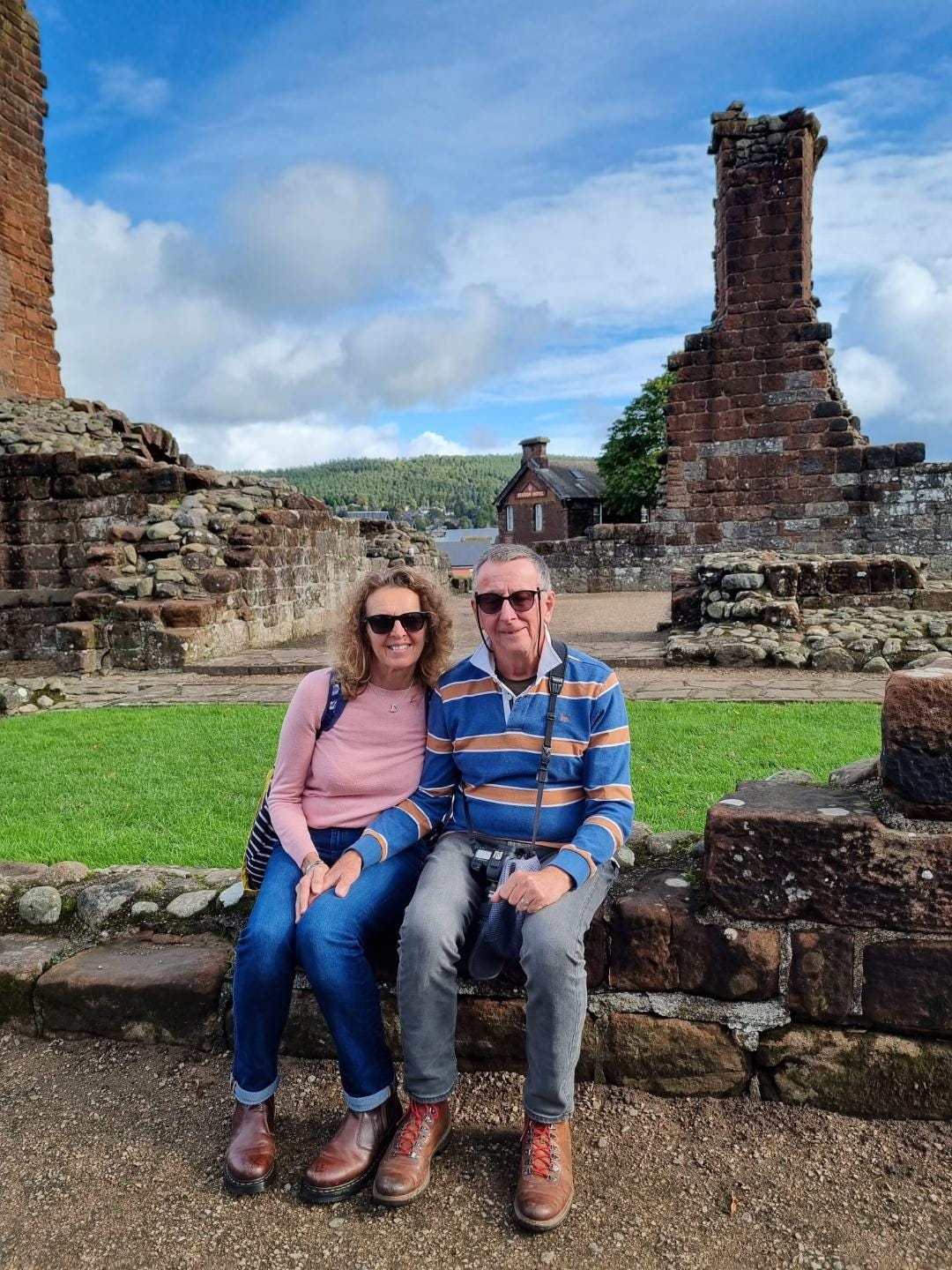


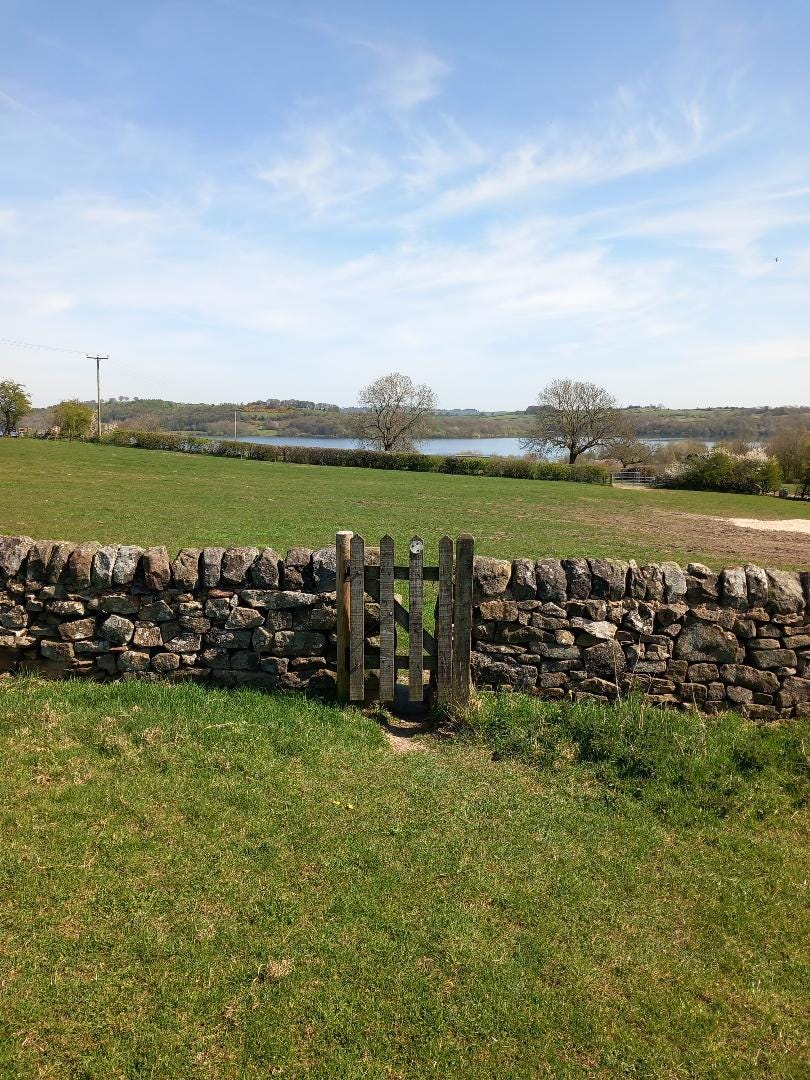
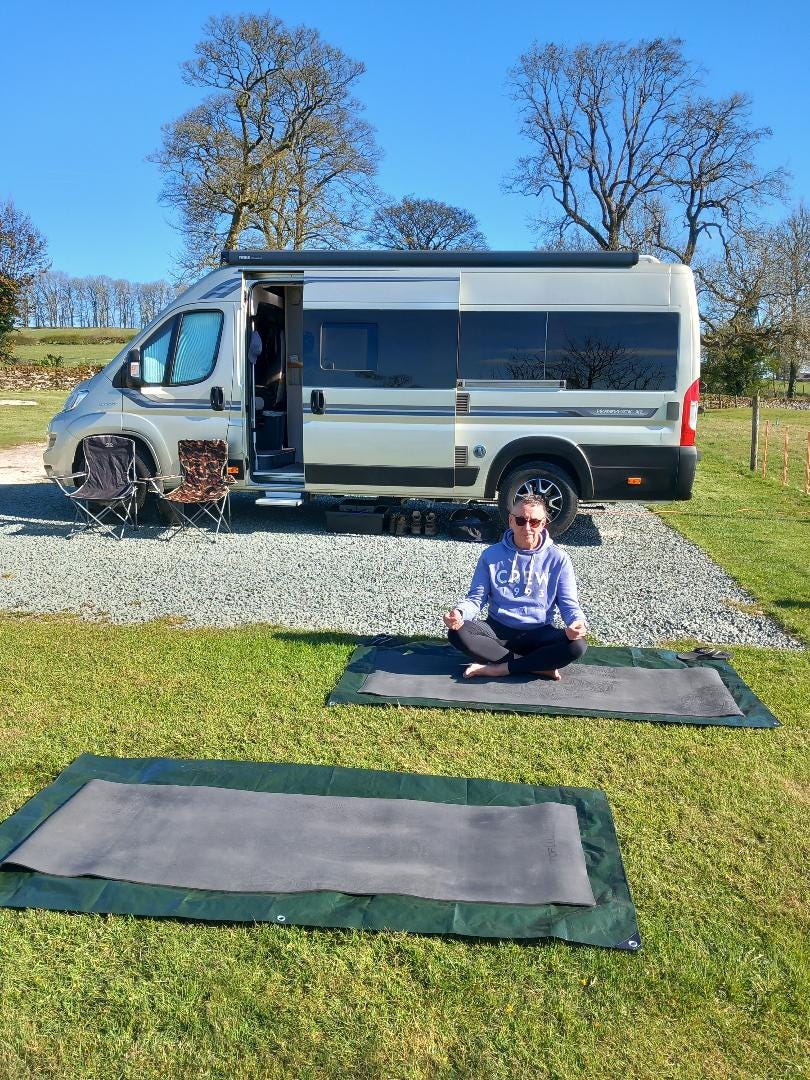
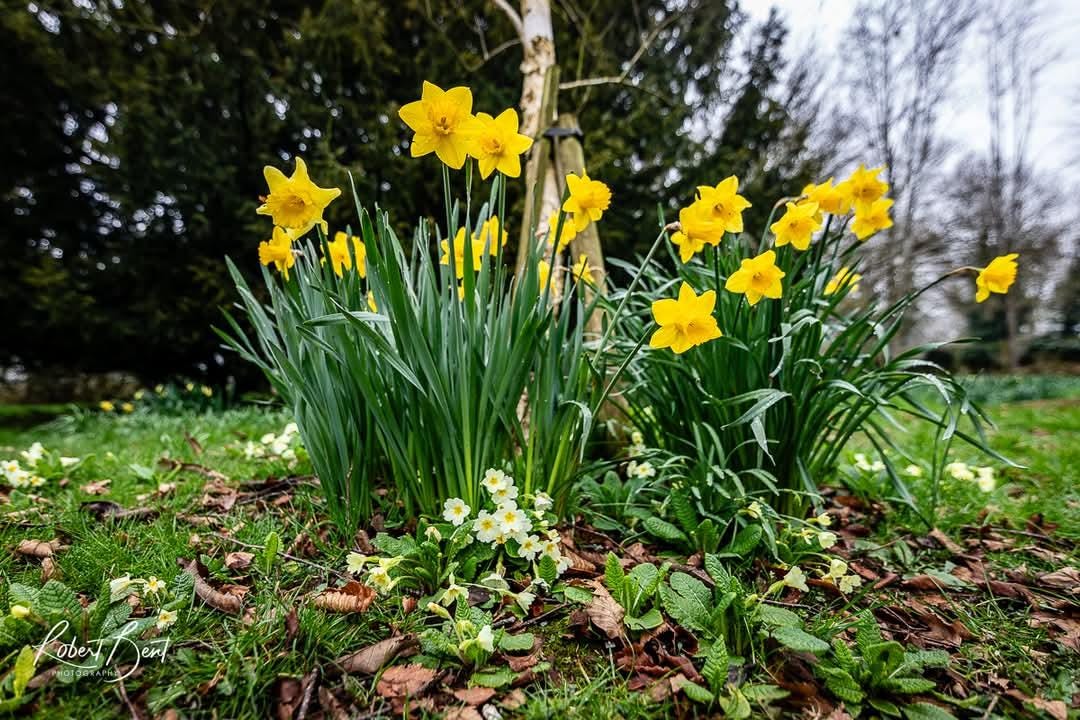
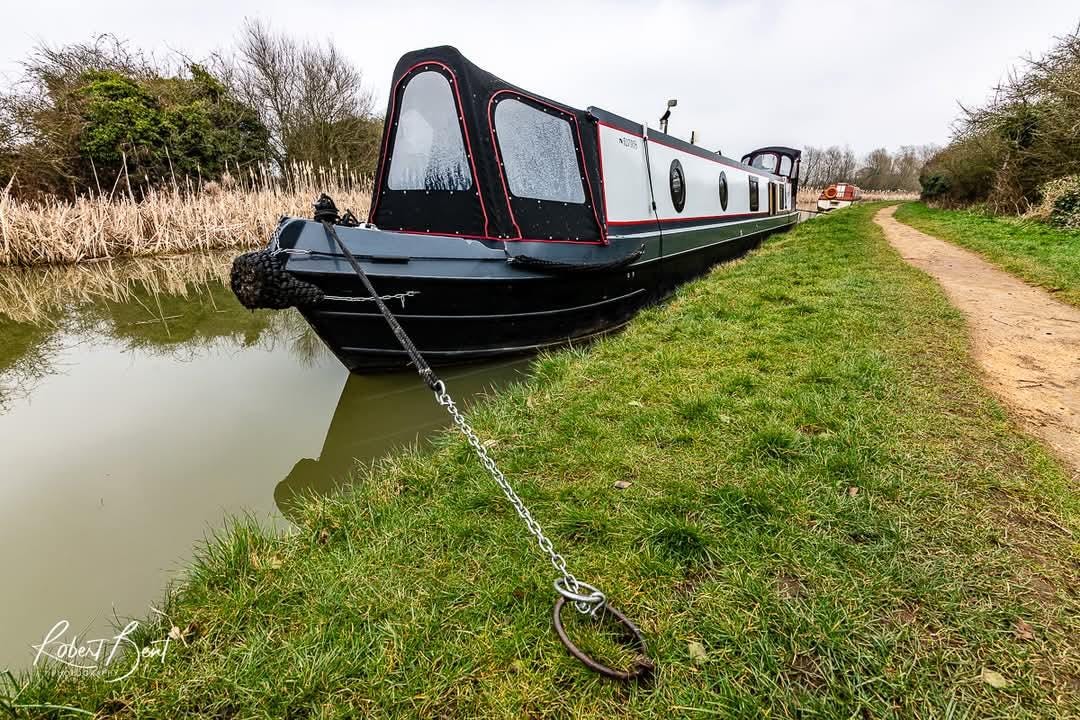
I have a similar attitude to money and always feel poorer than I am because of my working class upbringing. So my answer now im my sixties is to say to myself..., "when you are on your deathbed what will you regret...buying that camper van, giving that person some money - or regret not doing it? The answer usually frees me up
I totally agree
I am 65 and I am debt free because I only own a small 1 bed room fisherman’s cottage in France and so I can travel unfettered. Also co own a sailing boat been learning to sail in French !!
We only have 1 life
Live it